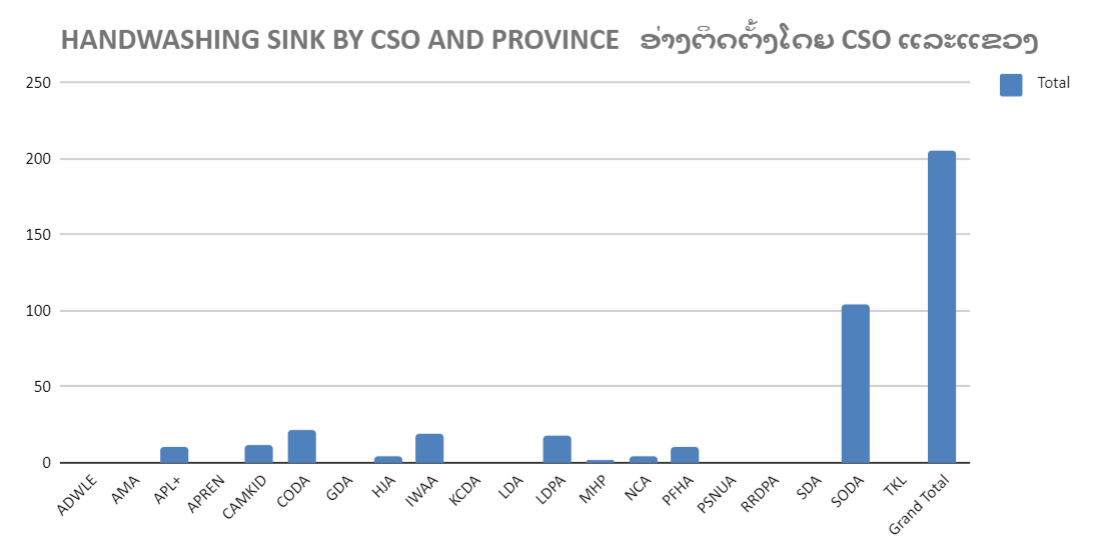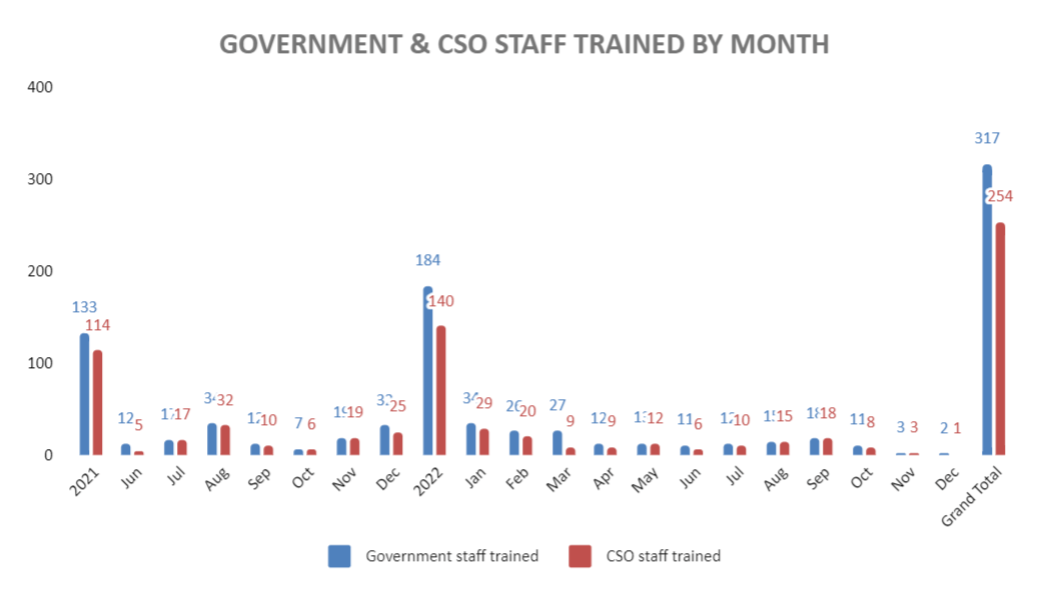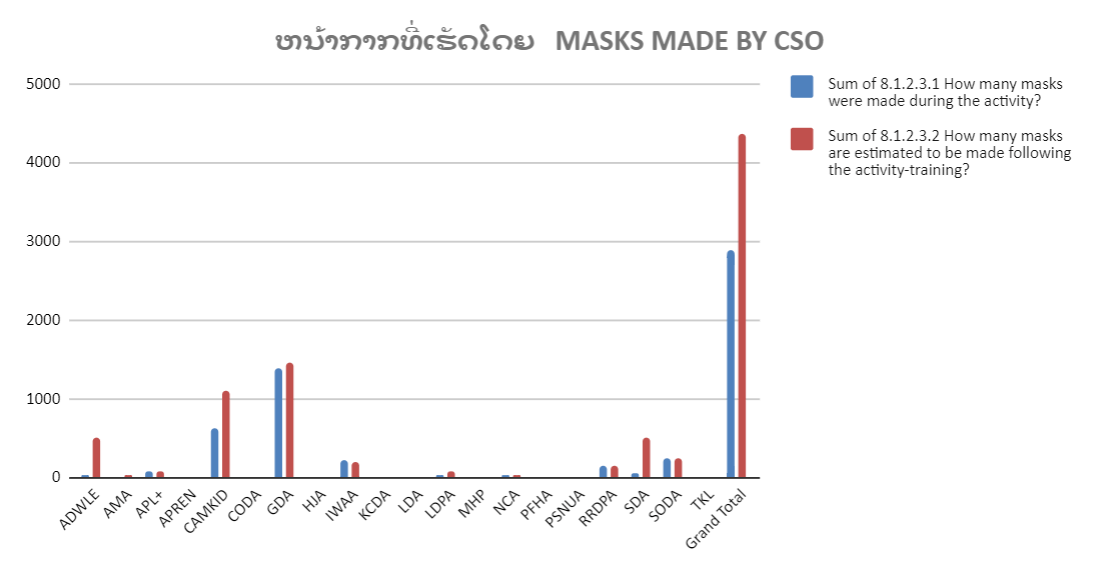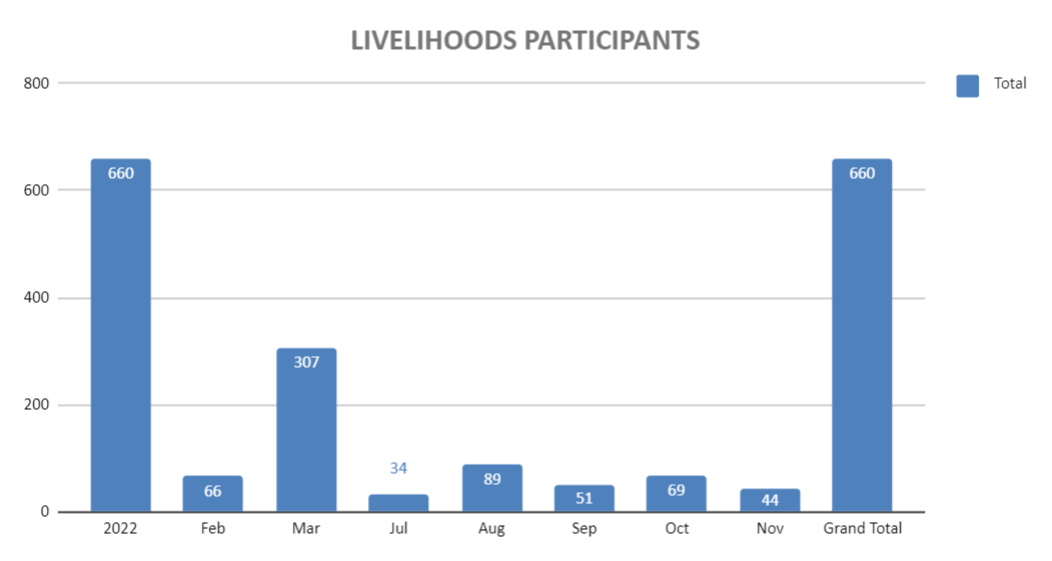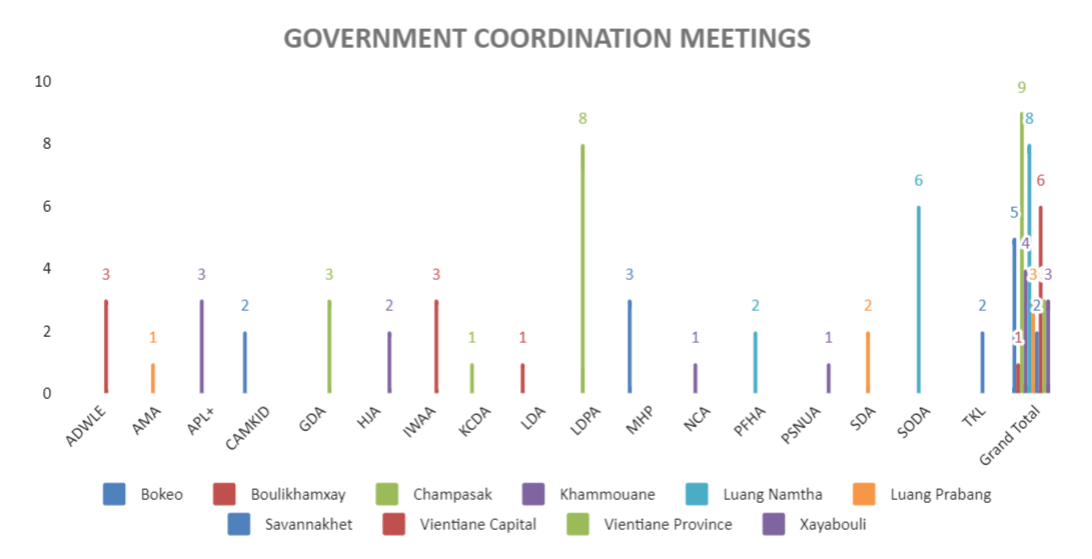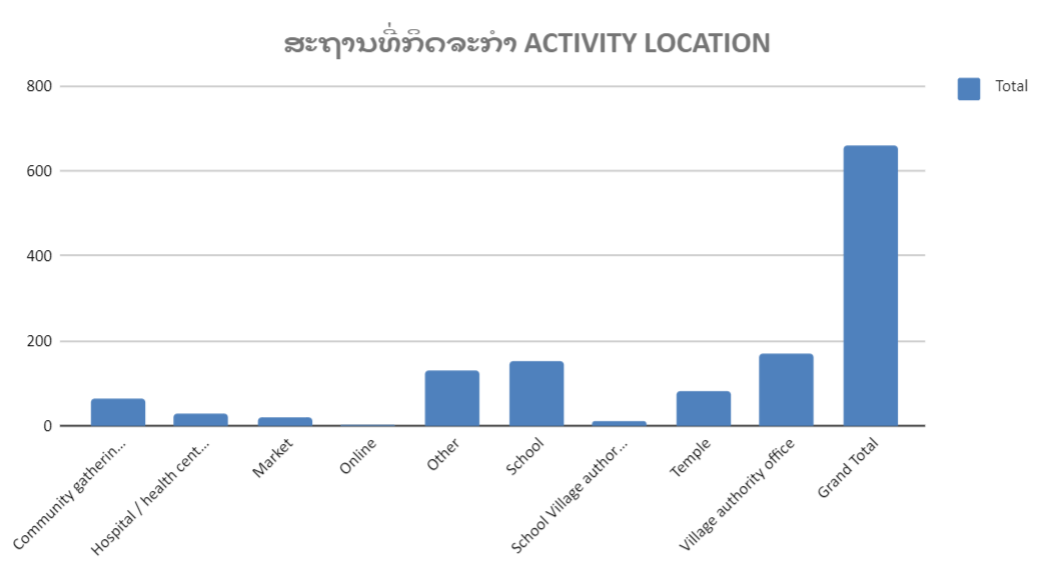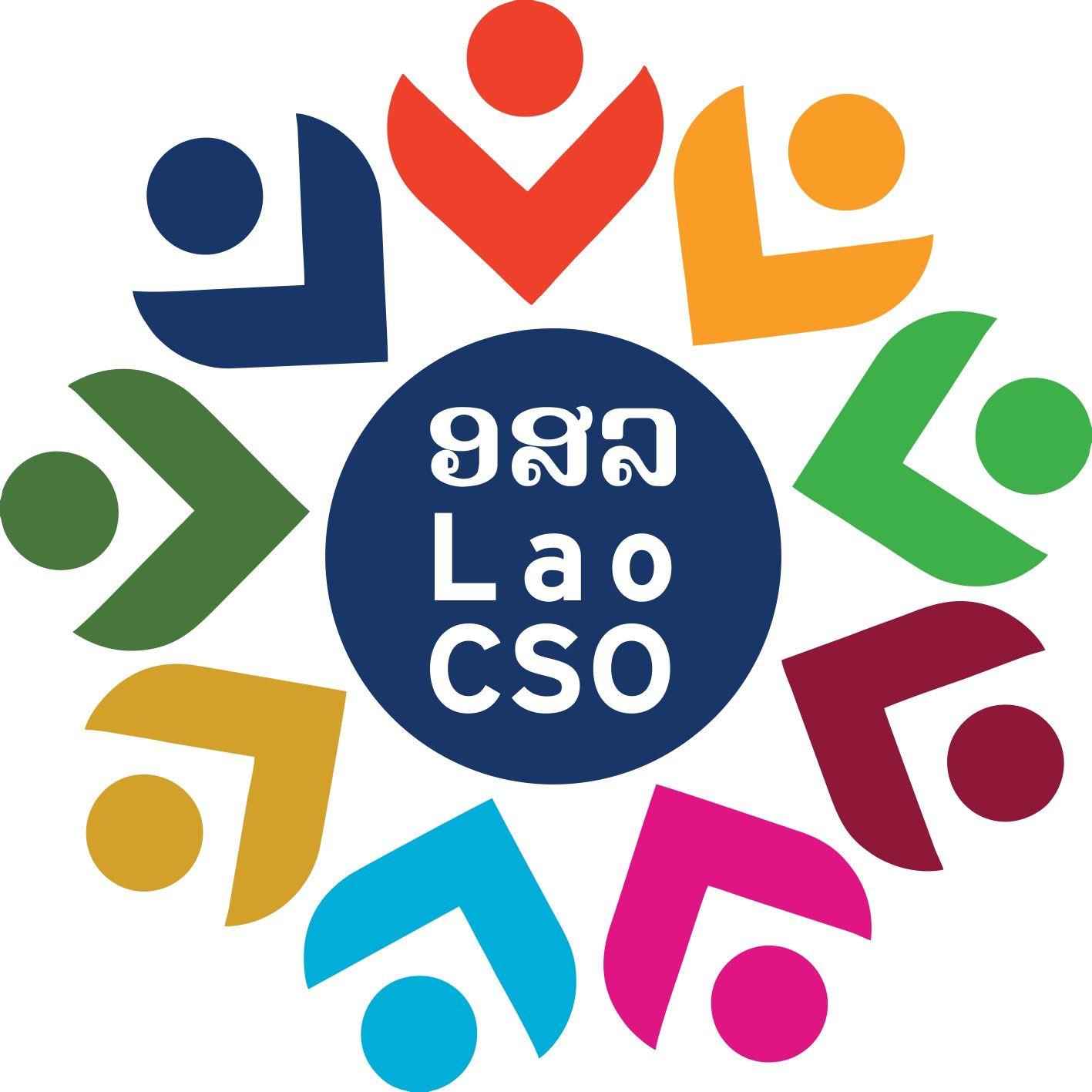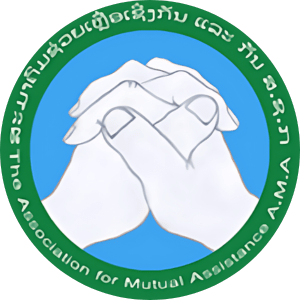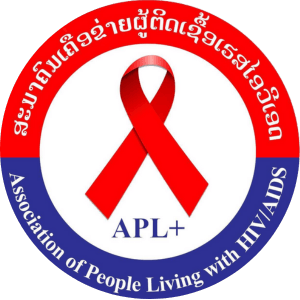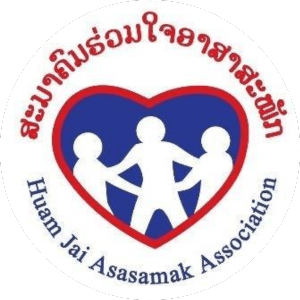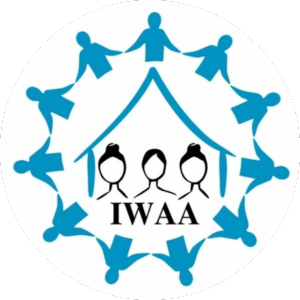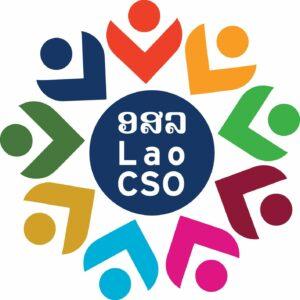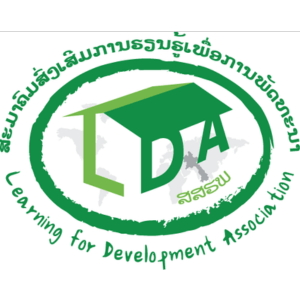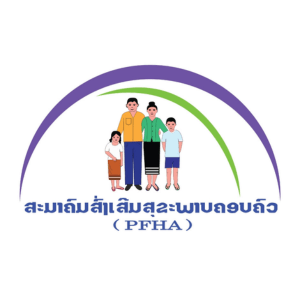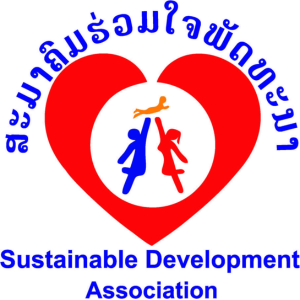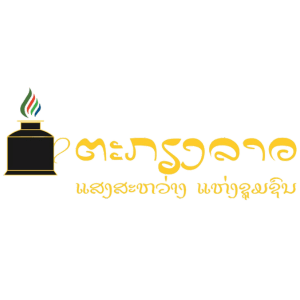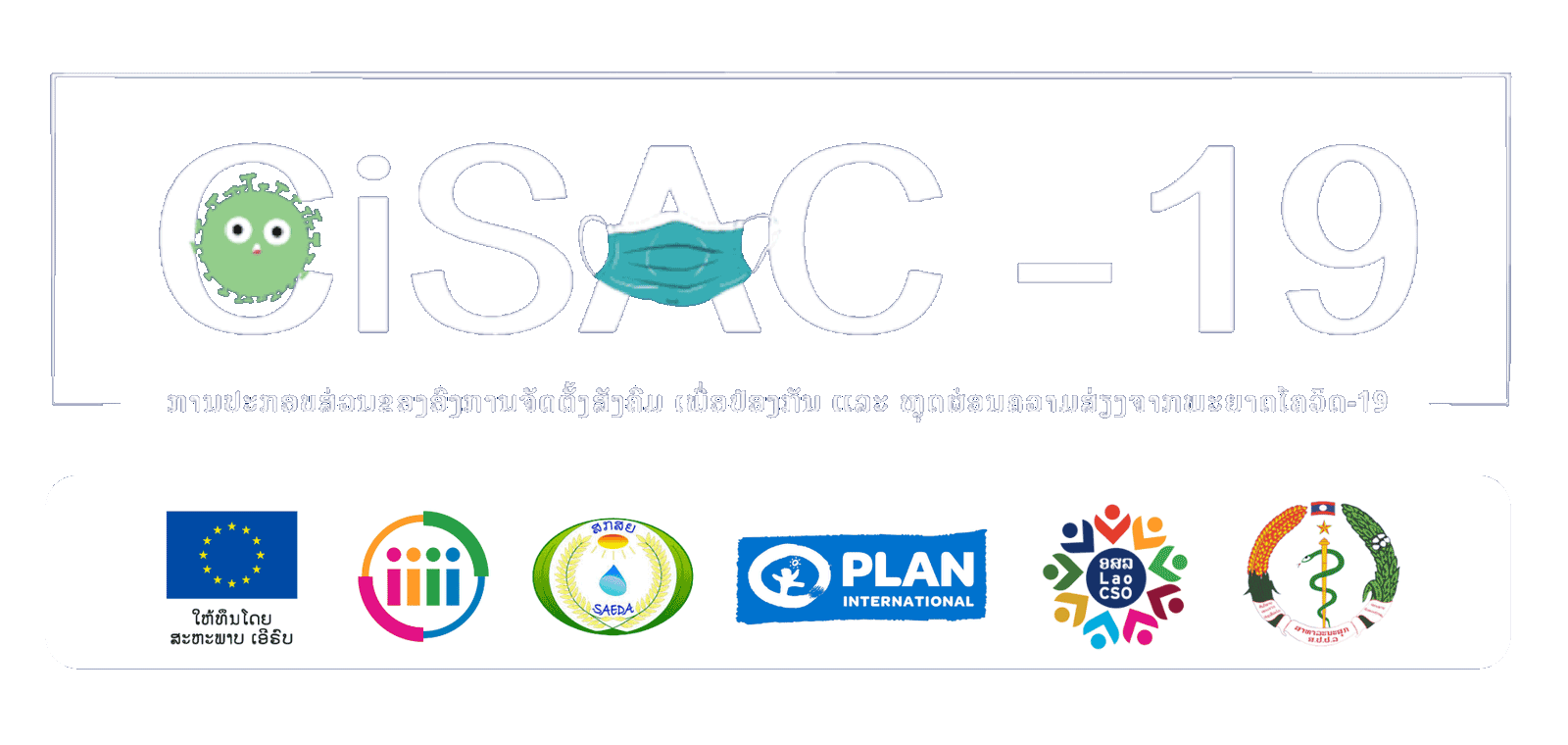
CISAC – Civil Society Action to Prevent and Mitigate COVID-19
CiSAC - An Introduction
Lao CSOs have responded quickly and effectively to the COVID-19 pandemic in Lao PDR. In partnership with the Lao PDR government and in communities across Laos, there have been hundreds of actions to protect vulnerable people and support the recovery of livelihoods for families. The Civil Society Action to Prevent and Mitigate COVID-19 project (CiSAC) is a three-year project (September 2020 – August 2023) funded by the European Union (EU). The CISAC project supports the Lao civil society response to the COVID-19 pandemic in Laos. It supports 20 Lao Civil Society Organisations (CSOs) to implement small projects in 10 provinces to reduce the risks of COVID-19, including by increasing access to accurate COVID-19 information, improving hygiene practices, planning for COVID-19 responses and supporting vaccination roll-out. The project is also reducing the negative impacts of COVID by supporting livelihoods recovery for affected families in the target areas. More information about the project can be found on the project’s Facebook page.
Partners
The CISAC project is co-implemented by Community Health and Inclusion Association (CHIAS), Sustainable Agriculture and Environment Development Association (SAEDA) and Plan International Laos. It partners with the Ministry of Health, and is coordinated through the Lao Civil Society Coordination Office (LCCO) to ensure that the responses by Lao civil society are targeted and complimentary to other government responses. Get to know the partners >>
Impacts
Lao CSOs have conducted hundreds of practical, targeted activities with communities across Laos to reduce the negative impacts of COVID-19. Some of those results are outlined in the statistics, videos, and success stories on this page. Discover the stats >>
Success Stories
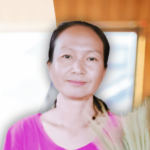
“The best thing about this job is that all the brooms I make fly off the shelves in no time. The more I produce, the more money I earn.”
In the village of Dou, located in Phonthong district, Champasak province, we found Ms. Vongdeuan, a resilient individual with a leg impairment. Despite her mobility challenges, she was able to make a living by producing and selling alcohol and cultivating sugarcane. However, as she reached the age of 40, she experienced a gradual weakening of her physical strength. Combined with the challenges brought about by the Covid-19 pandemic and her disability, she had to cease sugarcane farming. Relying solely on the income from alcohol sales, which has proved to be insufficient to sustain herself on a daily basis.
Thankfully, the LDPA stepped in with assistance through the EU-funded CiSAC project, aiming to forge new career paths for individuals with disabilities. Together with other beneficiaries, Ms. Vongdeuan underwent training in crafting brooms made from tigergrass. The project provided all the necessary production equipment such as tigergrass, bamboo poles as broom handles, nails, ropes, and so on. Additionally, the project extended its effort to seek out markets for each broom product made by the participants.
After completing the training, Vongdeuan is enthusiastic about making brooms. She shared, “In a single day, I can produce up to 20 broomsticks, each of which can be sold at varying prices. If I sell them to Thai traders who come to collect the brooms directly at my place, I can charge 11 baht per stalk. Selling them to villagers, temples, and hospitals allows me to set the price between 15,000 and 28,000 kip per stalk, depending on the quality.” Vongdeuan further expressed, “The best thing about this job is that all the brooms I make fly off the shelves in no time. The more I produce, the more money I earn.”
Currently, Vongdeuan’s primary source of income comes from her brooms, while she continues to earn a secondary income from brewing alcohol.
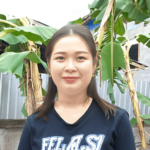
“The project provided me with 500 young frogs, which I raised as food for my family and sold the surplus for 2,500,000 Kip.”
My name is Khamla Keopadid. I am 24 years old and live in Ban Phiengngam, Tonpherng district, Bokeo province. I do not have a job – I am a housewife and I rely mainly on my husband’s income as a soldier. Unfortunately, his salary is not sufficient to cover all our daily expenses. So, to be able to provide for ourselves, I raise some livestock at home and often go into the forest to forage for food. My situation took a turn for the worse when the pandemic hit. COVID-19 brought about additional challenges and an increase in the cost of living, leaving us in a dire financial position.
Fortunately, during this challenging period, I had the opportunity to participate in MHP’s livelihood recovery program, which helped those impacted by Covid-19 regain their livelihoods. Through this program, I was provided with 500 young frogs and received guidance on how to raise them. In addition, the project staff visited us from time to time to monitor our progress and gave us the guidance we needed.
A few months later, my frogs grew significantly and reached a size suitable for consumption. This greatly reduced our need to buy food from the market. Additionally, I could sell the frogs for additional income. I was able to make 2,500,000 kip from selling this lot of frogs. Witnessing firsthand the financial benefits of selling frogs has motivated us to expand in my frog farming activities.
Looking ahead to 2023, my plan is to purchase and raise more young frogs. As the demand for frog consumption grows, I aim to make frog farming my main occupation. Sometime in the future, I would love to learn about frog breeding to become self-sufficient and eliminate the need to buy frogs from others. This would also enable me to sell young frogs and further expand my business.
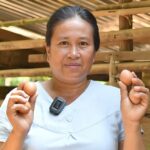
“On a daily basis, I am able to collect 7-9 eggs, which I use to prepare meals for my family. In addition, I can sell some of the eggs to earn extra income.”
In Dongpeuay Village, Khammouan Province, we found a rice farmer named Khamphong. Known for her activeness and determination to uplift her family and the community, we selected her as a village volunteer to help disseminate information about preventive measures during the challenging period of the Covid-19 pandemic. Due to her outstanding efforts in the last program, APL+, as part of the CiSAC project, handpicked her as one of the model families to take part in our livelihood recovery initiative, which focuses on chicken-rearing.
Upon joining the program, Mrs. Khampang received comprehensive training on the care and management of laying hens. Additionally, she was provided with various equipment necessary for chicken rearing, including 10 laying hens, 20 meters of netting, 2 sacks of feed, 2 sacks of husks, vitamin supplements, a waterer, and a feeder.
Following the implementation of the program, periodic follow-up visits were conducted to assess the progress of the model family. During these visits, it became evident that Mrs. Khamphong’s family had succeeded in raising chickens. She said “On a daily basis, I am able to collect 7-9 eggs, which I use to prepare meals for my family. In addition, I can sell some of the eggs to earn extra income.”
During our last follow-up visit, which was conducted last month, we were really surprised to see that Mrs. Khamphong had taken the initiative to further invest in her chicken-rearing project. She had bought a rooster to mate with their hens in order to reproduce. When asked about her motivation, she answered “The impressive daily egg output of my hens inspired me to invest in a rooster for breeding, and I have successfully hatched two new chicks since then.” In our last conversation, she told us “I plan to give the upcoming batch of hatched chickens to interested families or to the local school as a contribution to the lunch program for kids.”
The egg-laying chicken program, led by APLPlusLaos through the CiSAC project, aims to promote community livelihoods by ensuring food security and generating sustainable income. Through the CISAC project, 20 local associations like APL+ are helping families and communities recover from the negative health and economic impacts of COVID.
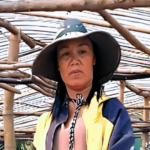
“I have had a good harvest, thanks to the shade house that protects my vegetables from exposure to rain and intense sunlight”
I mainly cultivate rice for a living and grow vegetables to supplement my income. Over the past two years, the rising cost of living has had a direct impact on us farmers, who already earn low wages. The income generated from selling rice barely covers our daily expenses. Although I do cultivate vegetables, it doesn’t offer a stable income due to the impact of unpredictable weather conditions, which greatly affect our production.
In November 2022, I was fortunate to join a livelihood recovery program led by HJA in Xaiabouli province. Since my family was already involved in a vegetable growing business but struggling to achieve substantial output, as part of the program, the project stepped in to address the issue by supplying us with valuable resources, including shade house equipment and vegetable seeds.
Since I built the shade house, my income from harvested crops has steadily increased. The shade house has helped protect the vegetables from damage caused by rain and intense sunlight, which has increased my yield. Currently, each harvest generates an income ranging from 1,000,000 to 1,500,000 kip for my family.
In the near future, I would like to further expand my shade house in order to cultivate a larger variety of vegetables and sell them for more income.
This is a story of Mrs. Bang Hansana, a resident of Phonxay village in Hongsa district, Sayabouly province. She participated in the shade house cultivation program led by the Huamjai Asasamak Association (HJA) under the CiSAC Project.

📢“I doubled my production, thanks to the shade house.”💥
Sabaidee! My name is Mun Kheuamixay and I reside in Phonxay village, located in Hongsa district of Sayaboury province. The pandemic brought hardships to my family, causing us to lose hope.
I am incredibly grateful for the support given by the CiSAC project. With the provided vegetable seeds and equipment to construct a shade house, I have doubled my production, making around 800,000 Kip per harvest.
This has given me a renewed sense of hope and optimism for the future, and I believe that I will be able to generate even more income in the days to come.
The CISAC project is funded by the European Union in Laos, coordinated through the Lao CSO Coordination Office – LCCO, and implemented in partnership between #LaoCSOs, SAEDA LAO, Chias Laos, Plan International Laos, and their Lao government partners, particularly the Ministry of Health.
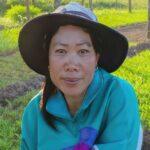
“Without protection from the shade house, my vegetables will be exposed to heavy rain or direct sunlight, resulting in the loss of half of the crops cultivated”.
Sabaidee, my name is Chan Onsomeboun and I reside in Han village, located in Hongsa District of Xayaboury Province. My family and I were impacted by the Covid-19 pandemic and received assistance from the CiSAC project. We are farmers who rely heavily on weather conditions to grow and sell vegetables. Unfortunately, in some seasons, we have experienced significant losses due to harsh weather conditions.
Thanks to the CiSAC project, we were provided with various vegetable varieties and equipment to establish shade houses or greenhouses. The shade house we received has made a significant difference in our lives. It enables us to grow vegetables throughout the year, regardless of the weather, and prevents produce from rotting or getting burnt.
In the past three months, I have sold my produce three times, generating an average of 500,000 kip per sale. This has enabled us to provide for our needs and slowly improved our living conditions.
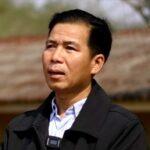
My name is Sing Lavanku, the principal of Phoukha Upper Secondary School in Luang Namtha Province. I would like to express my gratitude to the CiSAC project for your support during the COVID-19 pandemic. The aid provided in the form of washing stations, hand sanitizers, masks, and training on COVID-19 prevention measures has played a crucial role in ensuring the safety and well-being of our school community. Moreover, the provision of vegetable seeds and gardening equipment has allowed students to grow their own food and any surplus produce can also be sold for additional income, providing them with an opportunity to improve their financial situation.

My name is Ms. Avonchit from Nasangvery village in Luang Prabang Province. I had no experience or income prior to deciding to study cooking, so I chose to pursue a culinary course in the hopes that it would lead to a decent profession.
During my studies, I learned both the theoretical and practical sides of cooking, with a particular focus on traditional Lao recipes such as sweets from cassava & soybeans, bean cake, steamed layer cake, larb (Lao meat salad), soup, curry soup, grilled dishes, rice noddle, pho, sausages, etc. I found the course to be exciting and rewarding. In addition to my studies, I also had the opportunity to apply my skills in real-world situations, such as at weddings, banquets, and the Hmong’s new year festival (Nor Pe Chao).
After I graduate, I plan to make a living by leveraging my experience as a chef’s assistant in hotels and restaurants. I hope to be able to utilize my skills to create delicious dishes that will satisfy and delight customers. I’m excited to start this new chapter in my life and I’m confident my culinary knowledge will serve me well!

Hi, my name is Khamkieng Singaenkham, and I come from Kokngiew village, in Luang Prabang Province. Before enrolling in the program, I was just another unemployed young man, struggling to make ends meet. This was a problem not just for myself, but for society as a whole.
Determined to turn things around, I decided to pursue further education and gain the skills necessary to build a career. Luckily, I discovered a program (under CiSAC Project) that not only covered my tuition fees but also provided study materials, accommodation, and even fuel for transportation.
I gained a lot of knowledge about electricity through the course I took. It covered a range of topics, such as electrical panel installation, electrical wiring, fan installation, and electrical inspections.
After finishing my studies, my goal is to secure a job in either the public or private sector in order to establish financial stability. Additionally, I plan on taking up side work to assist families who require assistance with, for instance, light installations and electrical inspections.
Statistics Dashboard


